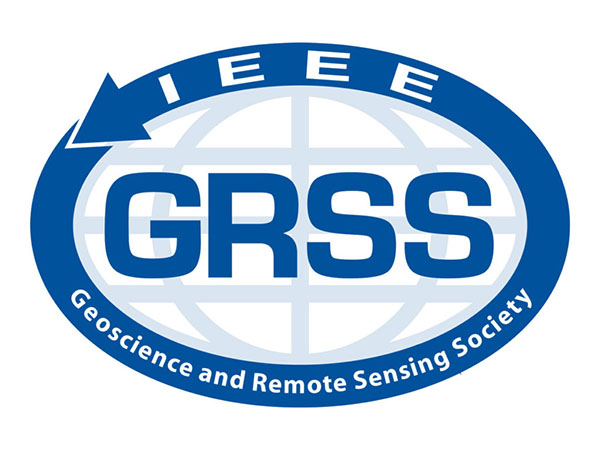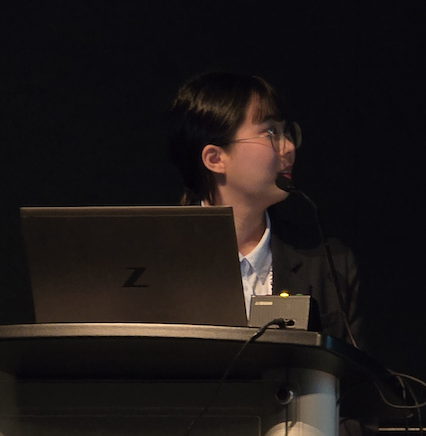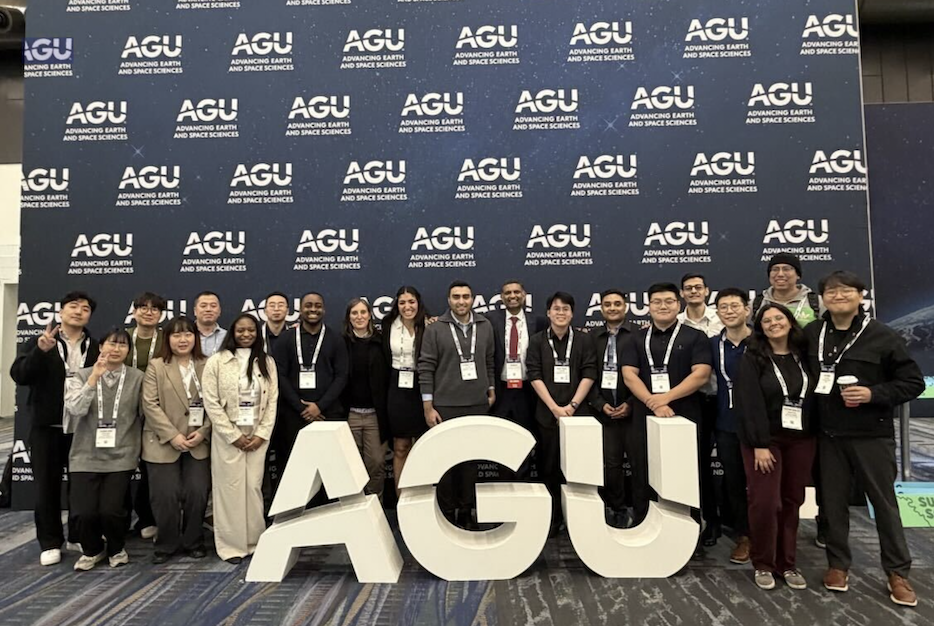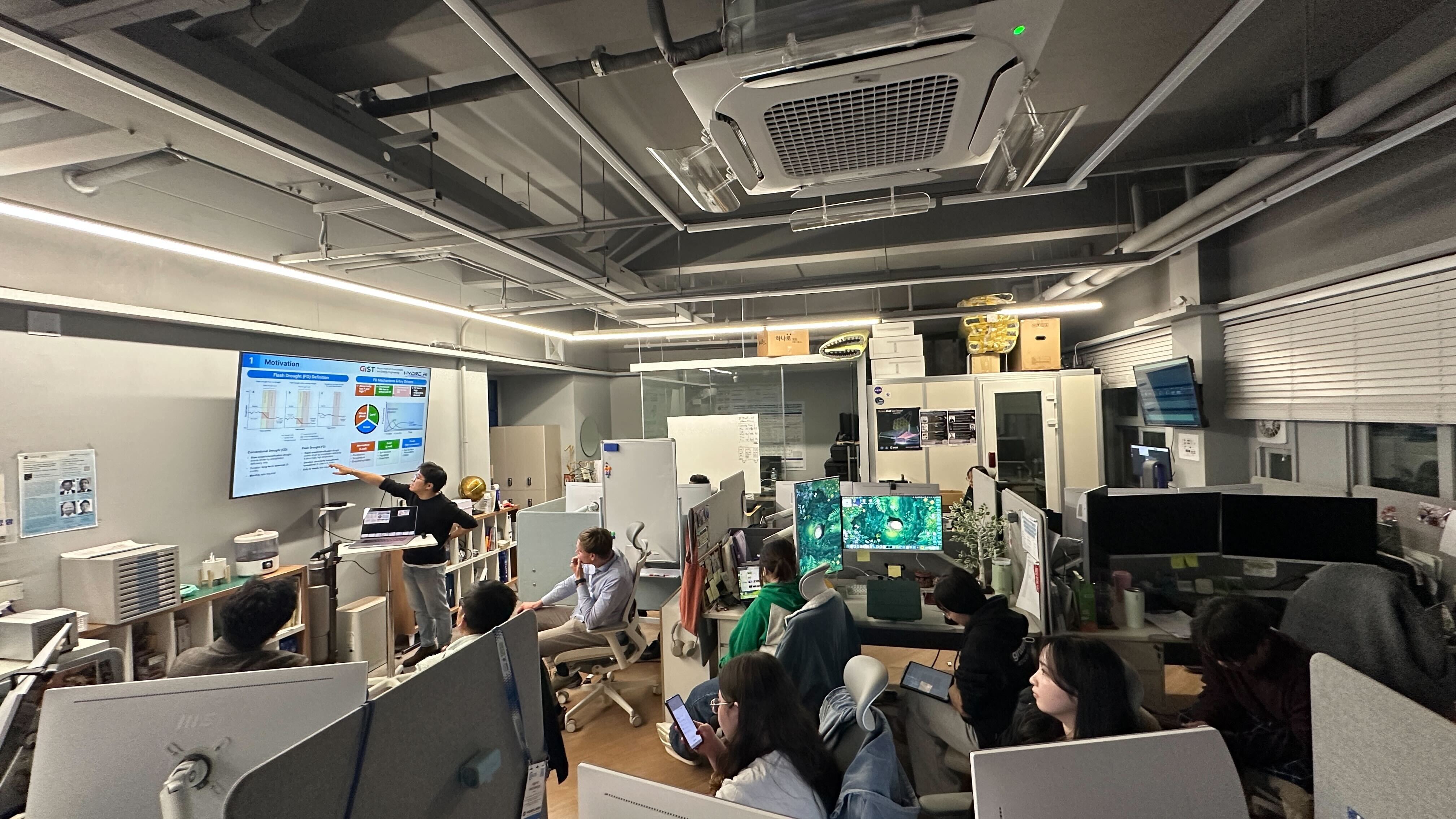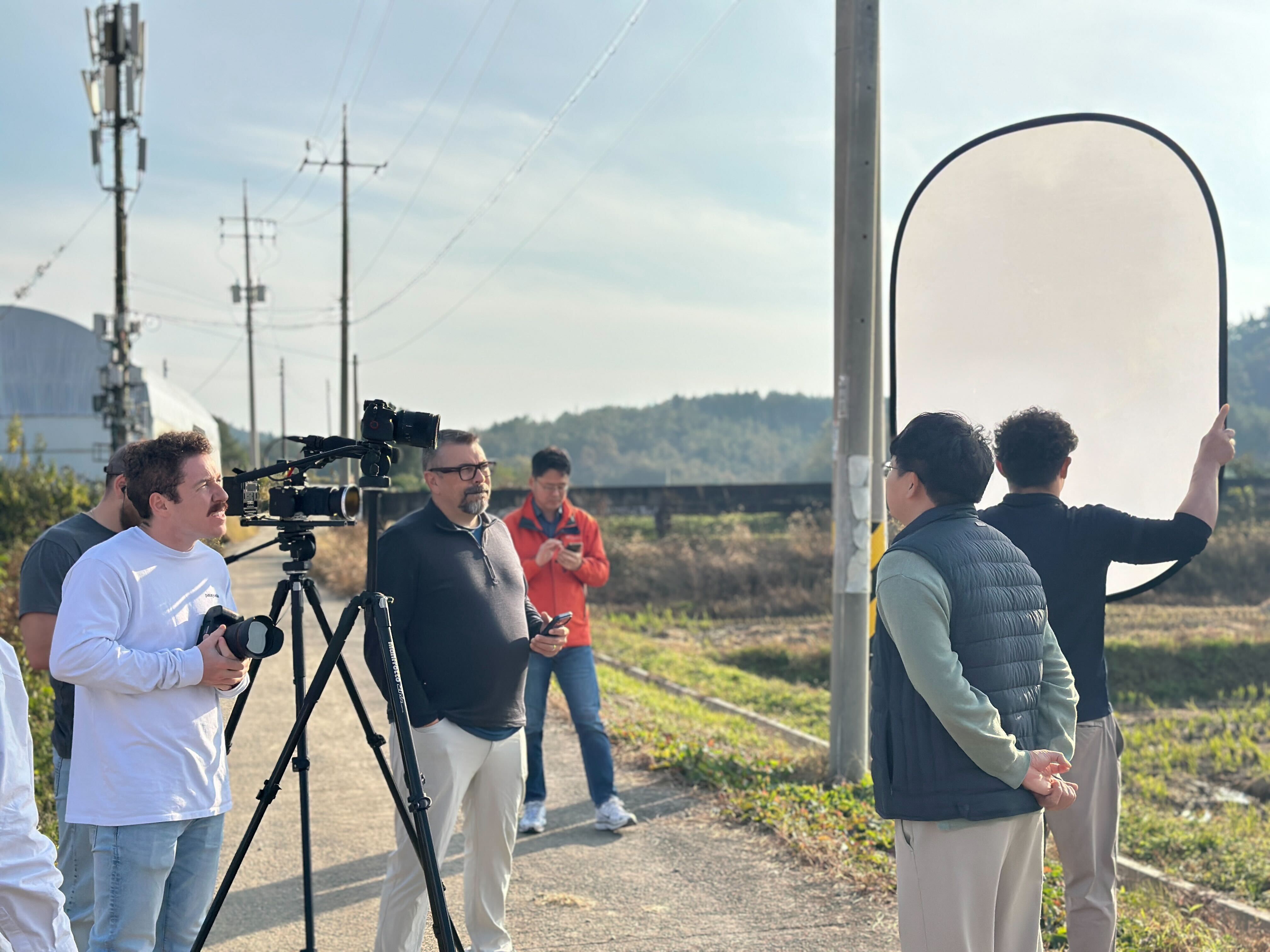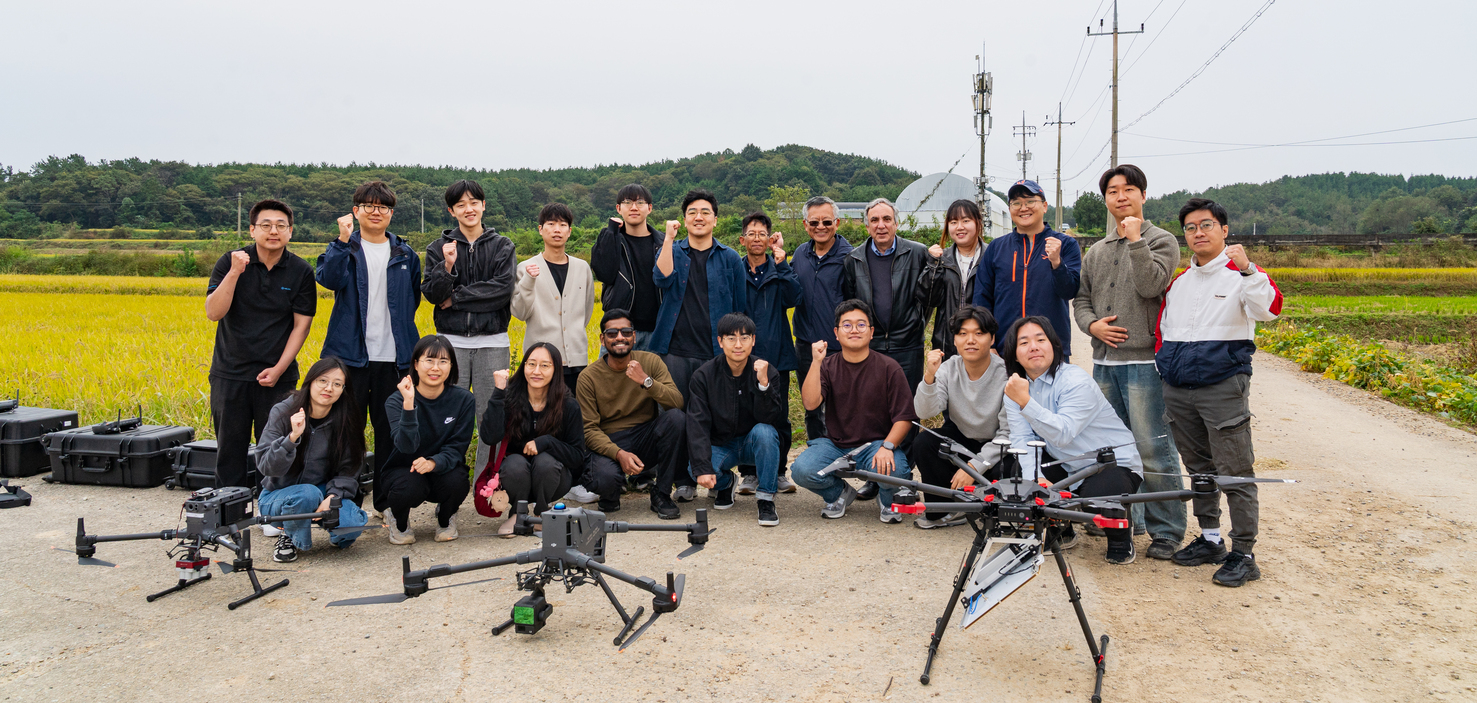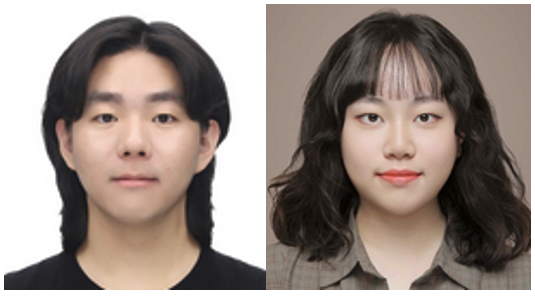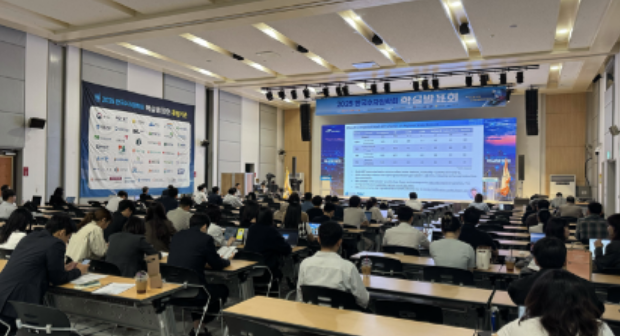The National Research Foundation of Korea offers a scholarship program to support graduate students. This program provides 12 million won in research funds for one year, awarded to graduate students in MS or Integrated MS/PhD programs in domestic universities based on evaluation of their research proposals.
Subin Kim (Integrated MS/PhD student) was awarded this scholarship with her research proposal titled “Utilizing Deep Learning and Land Data Assimilation to Reduce Uncertainty in Numerical Prediction Models.” This proposal aims to enhance the performance of numerical prediction models, particularly the Korea Integrated Model (KIM), a numerical weather prediction model developed by Korea Institute of Atmospheric Prediction System. Her research focuses on utilizing AI to construct spatio-temporal error maps, enabling more effective land data assimilation and generating more accurate reanalysis data. Therefore, her research on reanalysis can ultimately contribute to water resource management and the monitoring of extreme events, such as droughts, floods, landslides, and wildfires, on the Korean Peninsula.
She shared her gratitude, saying, “Thanks to the guidance of my ambitious advisor, Professor Hyunglok Kim, I was honored to be selected for this scholarship program. With this invaluable support, I will continue to study and do research to grow into a researcher who can make meaningful contributions to the field of hydrology in Korea.”



